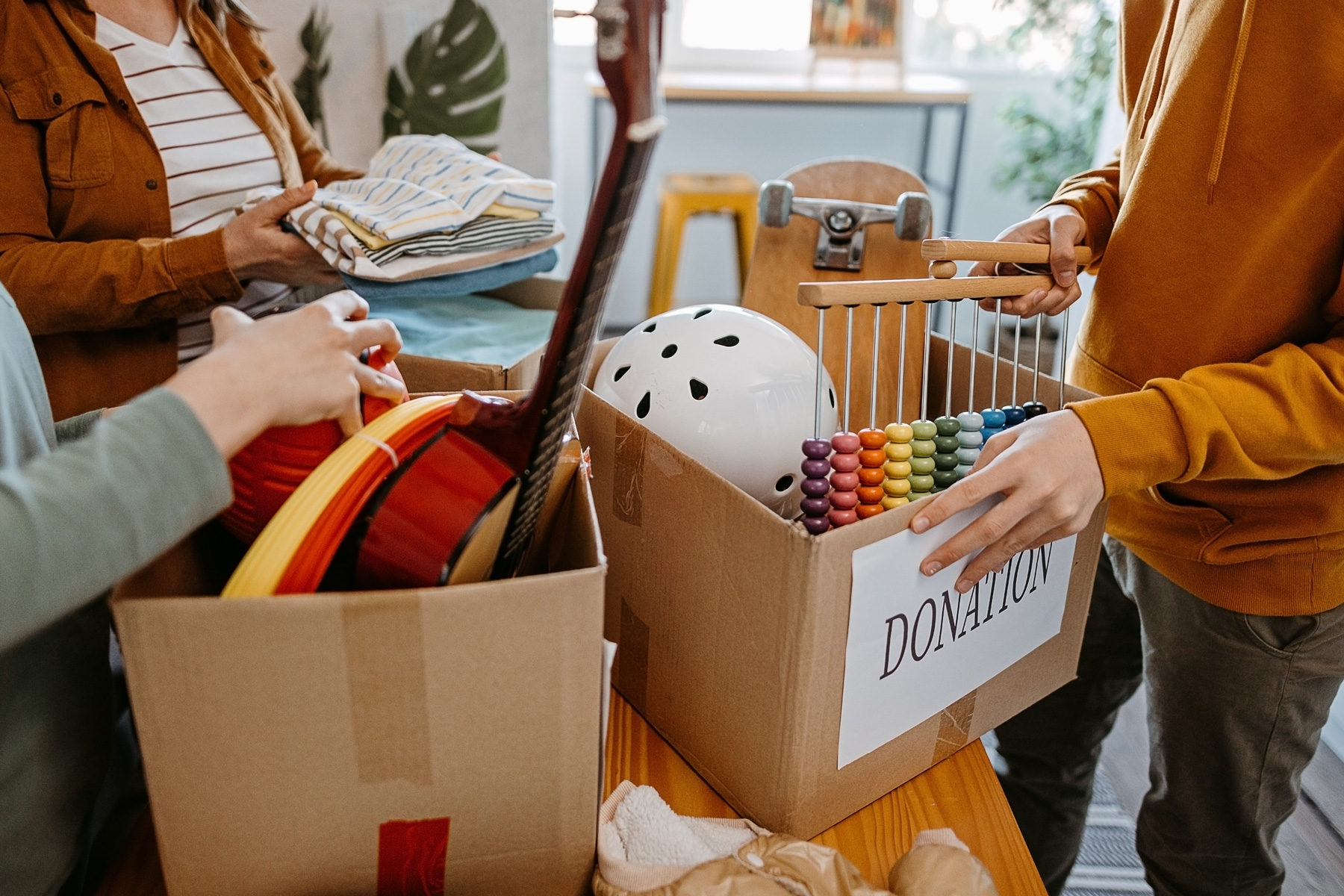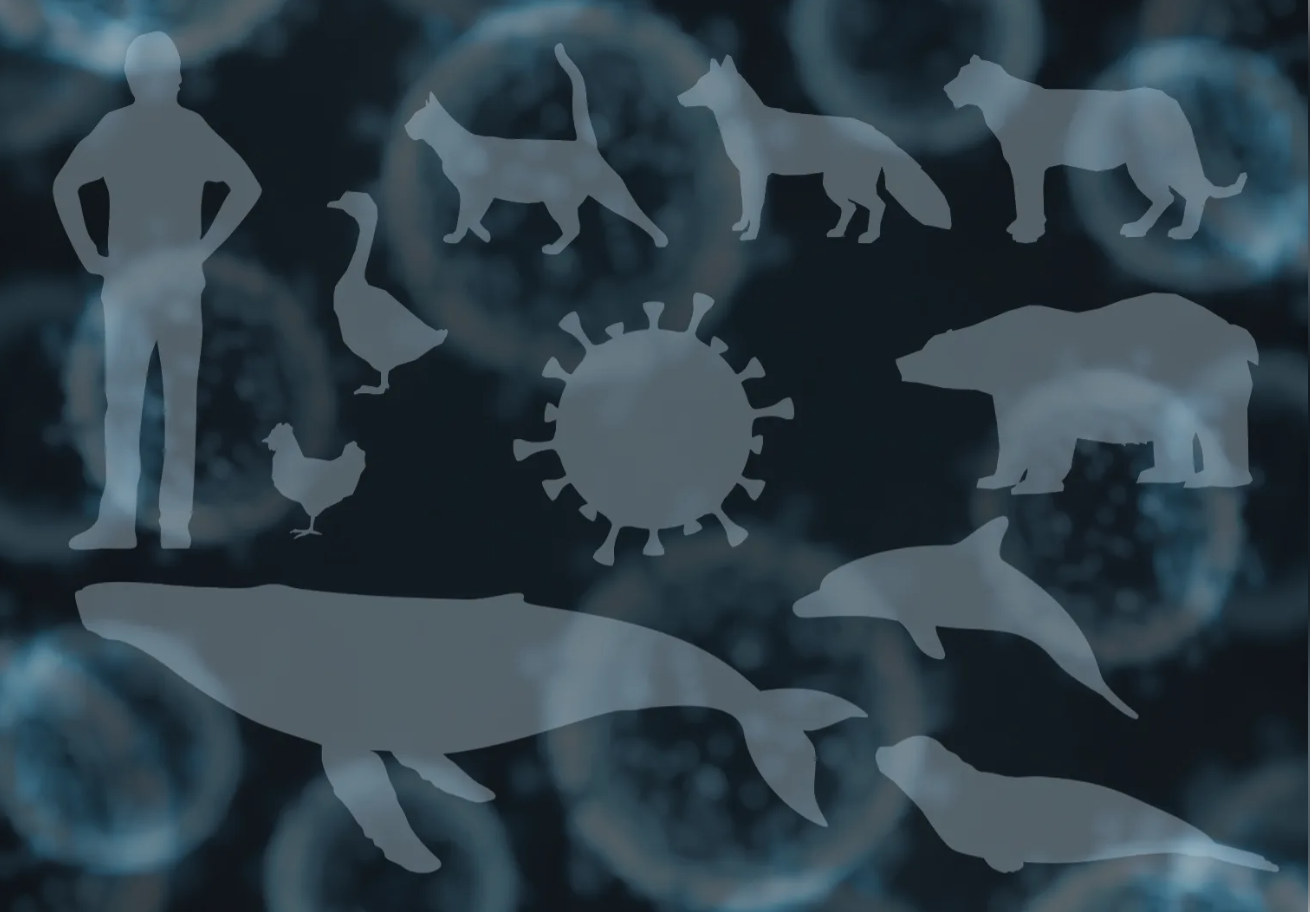By Darbie Granberry
University of
Georgia
Most commercially grown fresh fruits and vegetables grown in the
United States are wholesome and free of the microorganisms that
could make you sick. But what about the fruits and vegetables you
grow in your own garden?
If you follow a few basic guidelines, the likelihood of getting
sick from the vegetables you’ve grown in your garden is
negligible.
Food-borne illness is a serious problem in the United States.
More than 250 food-borne diseases have been described, and the
most common symptoms include nausea, diarrhea and vomiting.
Symptoms are often more severe in infants, the elderly and people
with weakened immune systems. Many bacteria, viruses and
parasites are known to cause food-borne illnesses.
Raw foods
Raw or undercooked meats are the most likely foods to be
contaminated, but fresh produce can harbor human pathogens, too.
In fact, the number of illness outbreaks attributed to eating raw
vegetables, fruits and unpasteurized juices has increased during
the past 15 years.
Fortunately, the fruits and vegetables grown for U.S. consumers
are among the safest in the world.
Growing safe vegetables in the garden isn’t complicated, either.
Vegetables themselves aren’t a natural, initial source of human
pathogens. Fortunately, the bacteria, fungi and viruses that may
infect plants don’t make us sick.
Garden vegetables are free of human pathogens unless they become
contaminated. Our task as gardeners is pretty simple — don’t
mess up a good thing. Preventing contamination is the key to food
safety.
Contamination sources
The three main ways garden vegetables can be contaminated are
animals, animal manure and people.
Although infected people can spread disease-causing organisms to
garden vegetables, chances of this happening in the home garden
are quite low. Gardeners generally practice good hygiene and are
careful not to contaminate their fruits and vegetables.
Because they often contain human pathogens, though, animal
manures and feces can be contamination sources in the garden.
Organic gardeners and many conventional gardeners know animal
manure or litter is a good source of organic fertilizer and
provides organic matter, too, that improves garden soil.
Use composted manures
To get these benefits and make sure garden produce remains free
of human pathogens, too, use composted manures. When manures are
properly composted, the heat generated in the composting process
is enough to kill any pathogens in the manure.
As an added precaution, keep pets and domestic animals out of the
garden. They can contaminate garden vegetables with pathogens by
direct contact.
Contaminated water can foul garden fruits and vegetables, too.
Make sure any water you use for irrigating or spraying vegetables
is of drinking-water quality.
If your garden gets flooded, be cautious about eating produce
from it. This is especially important if the floodwater may have
been contaminated by waste from septic tanks or by runoff from
areas such as barns and feedlots that have housed livestock.
Careful harvest
Be careful that you don’t contaminate your veggies after you pick
them. Harvest and store them in clean containers and protect them
from domestic animals, birds and rodents.
Cool fresh-picked fruits and vegetables as soon as you can.
Finally, wash them before you eat them, and be especially careful
to avoid cross-contamination.
Fluids and juices from raw foods — and hands, counter surfaces
and cleaning cloths that have touched raw food and haven’t been
sanitized — can cross-contaminate garden produce.
Keeping pathogenic microbes away from garden fruits and
vegetables isn’t rocket science. It’s pretty simple.
First, identify the potential sources of contamination: animal
manures, animal feces and contaminated water.
Second, use common sense and recommended gardening practices to
prevent contamination.
You and your family and friends can then enjoy the fruits of your
labor without worrying about the local version of “Montezuma’s
revenge.”
(Darbie Granberry is an Extension Service horticulturist with
the University of Georgia College of Agricultural and
Environmental Sciences.)




